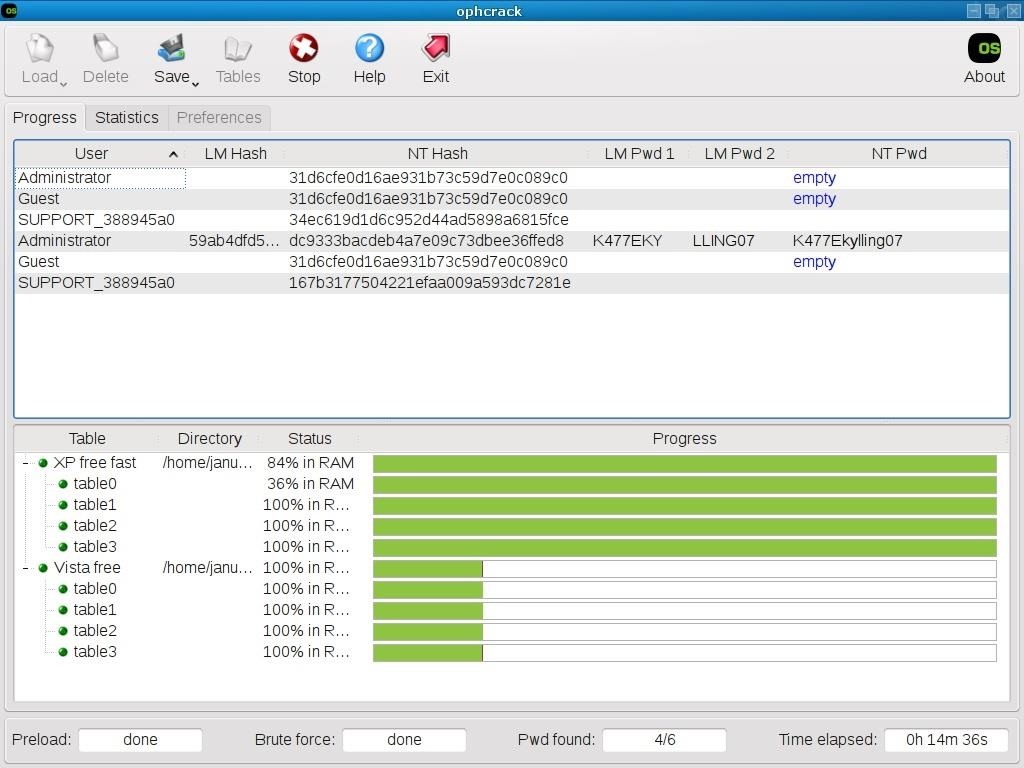Windows 8 Store Crack 1 4 24
In cryptanalysis and computer security, password cracking is the process of recovering passwords from data that have been stored in or transmitted by a computer system. A common approach (brute-force attack) is to try guesses repeatedly for the password and check them against an available cryptographic hash of the. Betanews reports that the Windows 8 store’s. 2012 on the My Digital Life forum and allows users to crack Windows. Windows 8 Store protection cracked, apps can.

In and, password cracking is the process of recovering from that have been stored in or transmitted by a. A common approach () is to try guesses repeatedly for the password and check them against an available of the password. Download Biocentrism Robert Lanza Pdf Free on this page. The purpose of password cracking might be to help a user recover a forgotten password (installing an entirely new password is less of a security risk, but it involves System Administration privileges), to gain unauthorized access to a system, or as a preventive measure by to check for easily crackable passwords. On a file-by-file basis, password cracking is utilized to gain access to digital evidence for which a judge has allowed access but the particular file's access is restricted. Contents • • • • • • • Time needed for password searches [ ] The time to crack a password is related to bit strength ( see ), which is a measure of the password's, and the details of how the password is stored.

Most methods of password cracking require the computer to produce many candidate passwords, each of which is checked. One example is, in which a computer tries every possible key or password until it succeeds. More common methods of password cracking, such as, pattern checking, word list substitution, etc. Attempt to reduce the number of trials required and will usually be attempted before brute force. Higher password bit strength exponentially increases the number of candidate passwords that must be checked, on average, to recover the password and reduces the likelihood that the password will be found in any cracking dictionary.
The ability to crack passwords using computer programs is also a function of the number of possible passwords per second which can be checked. If a hash of the target password is available to the attacker, this number can be in the billions or trillions per second, since an offline attack is possible.
If not, the rate depends on whether the authentication software limits how often a password can be tried, either by time delays,, or forced lockouts after some number of failed attempts. Another situation where quick guessing is possible is when the password is used to form a.
In such cases, an attacker can quickly check to see if a guessed password successfully decodes encrypted data. For some kinds of password hash, ordinary desktop computers can test over a hundred million passwords per second using password cracking tools running on a general purpose CPU and billions of passwords per second using GPU-based password cracking tools.
See: benchmarks. The rate of password guessing depends heavily on the cryptographic function used by the system to generate password hashes.
A suitable password hashing function, such as, is many orders of magnitude better than a naive function like simple. A user-selected eight-character password with numbers, mixed case, and symbols, with commonly selected passwords and other dictionary matches filtered out, reaches an estimated 30-bit strength, according to NIST. 2 30 is only one billion permutations and would be cracked in seconds if the hashing function is naive. When ordinary desktop computers are combined in a cracking effort, as can be done with, the capabilities of password cracking are considerably extended. In 2002, successfully found a 64-bit key in four years, in an effort which included over 300,000 different computers at various times, and which generated an average of over 12 billion keys per second. Can speed up password cracking by a factor of 50 to 100 over general purpose computers. As of 2011, available commercial products claim the ability to test up to 2,800,000,000 passwords a second on a standard desktop computer using a high-end graphics processor.
Such a device can crack a 10 letter single-case password in one day. The work can be distributed over many computers for an additional speedup proportional to the number of available computers with comparable GPUs.
[ ] Despite their capabilities, desktop CPUs are slower at cracking passwords than purpose-built password breaking machines. In 1998, the (EFF) built a dedicated password cracker using, as opposed to general purpose CPUs. Their machine,, broke a DES 56-bit key in 56 hours, testing over 90 billion keys per second. In 2010, the developed a method of using to crack passwords, coming up with a minimum secure password length of 12 characters. Easy to remember, hard to guess [ ] A password that is easy to remember is generally also easy for an attacker to guess. Passwords that are difficult to remember will reduce the security of a system because (a) users might need to write down or electronically store the password using an insecure method, (b) users will need frequent password resets and (c) users are more likely to re-use the same password. Similarly, the more stringent requirements for password strength, e.g.